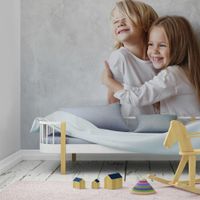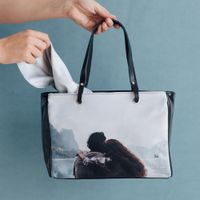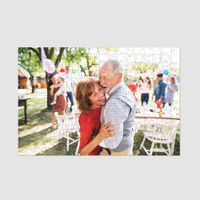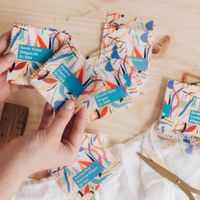Made to order pants
All of our custom made pants for men are designed in-house. We have a specialist clothing designer who focuses on comfort, style, and a number of other important factors when creating a new garment. Each pattern is exclusive and is made for a multitude of sizes. These sizes are then measured in both inches and centimetres and put into a handy chart so that you can choose the best fit for you.
Pants you can personalise
As many of the options as possible are left up to you. This does vary between each piece of clothing, but we like you to not only be able to choose your design but your fabric, thread colour, drawstring and often other features like the length and cut that suits you best. You will find all of the customisable options within the online design interface, and your changes will be updated in the preview in real time, so you can easily see exactly how it will look. The design tool also allows you to add text - for a name, initials, or even a slogan - as well as to repeat a pattern, which is great for faces or logos.
A brief history
Trousers and pants have been around forever, or at least it feels that way. Recorded as far back as the 13th-10th centuries BC, pants are thought to have originated in East Asia. At their dawning, pants were a unisex garment however, throughout most of modern history, they have been perceived as a masculine item of clothing and in some cultures they still very much are. The oldest known pair of trousers were discovered in Turpan, Xinjiang, Western China. These are made from wool with straight legs and a wide crotch, and are believed to have been used for horseback riding. They can currently be found at the Yanghai cemetery.
Styles of pants for men
Since inception, trousers have changed very little in terms of their basic design. They consist of two 'leg-holes' and, for the most part, are worn from the waist to the ankle. There have been numerous small changes over time. Belt loops were introduced as was the fly - both zip and button. Cuffs began to be included in the designs for these garments as well as pleats. There have been various points in time where pants featuring turn-ups became incredibly popular. The turn-ups would often be either pressed or stitched in place.
Shorts - or short pants - have also varied in popularity throughout the years. We now tend to wear shorts in the hot weather, or we when need the added movement or a cooler garment (for example when participating in sports) and then trousers throughout the colder seasons.
The length and tightness of pants for men have also changed a lot across history. Varying by period, class, and location. Different fabrics have been used, from the wool or linen that was used in the early years to leather, cotton, and silk, which were introduced just before the medieval period. Sailors pioneered the use of denim in pants in the 17th and 18th centuries, which became very popular due to the hard-wearing nature, and thus saw the birth of what we now know as jeans.
Printing on custom made pants
The introduction of modern materials has meant that we can do so much more with trousers, joggers, and pants. Fabrics are now not only grown but are manufactured too, and the introduction of poly fabrics means that we can tailor materials which suit our specific needs. These could include durability, resistance, breathability, how it looks or feels, and how easy it is to care for; all these properties are things that we can keep in mind when creating new fabrics. Men's pants then became more exciting, more coloured, and in some cases patterns were introduced. But we still didn't think it was enough.
Personalised pants, made to order
Enter: Bags of Love. We have created a number of pants for men, handmade to order, printed, cut, and sewn in our bespoke facility. What makes these custom made pants magical is that the prints are designed by you. Use your favourite photos, upload your child's artwork, become a digital designer - the power is in your hands. You choose the size, the fabric, and in most cases many of the smaller details too, and then create your own photo shorts, printed pyjamas or personalised men's pants, handmade to order and sent out to you in just a matter of days.











